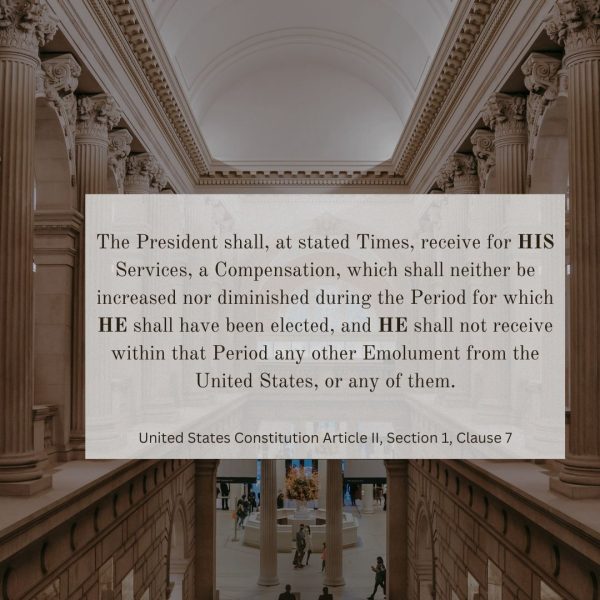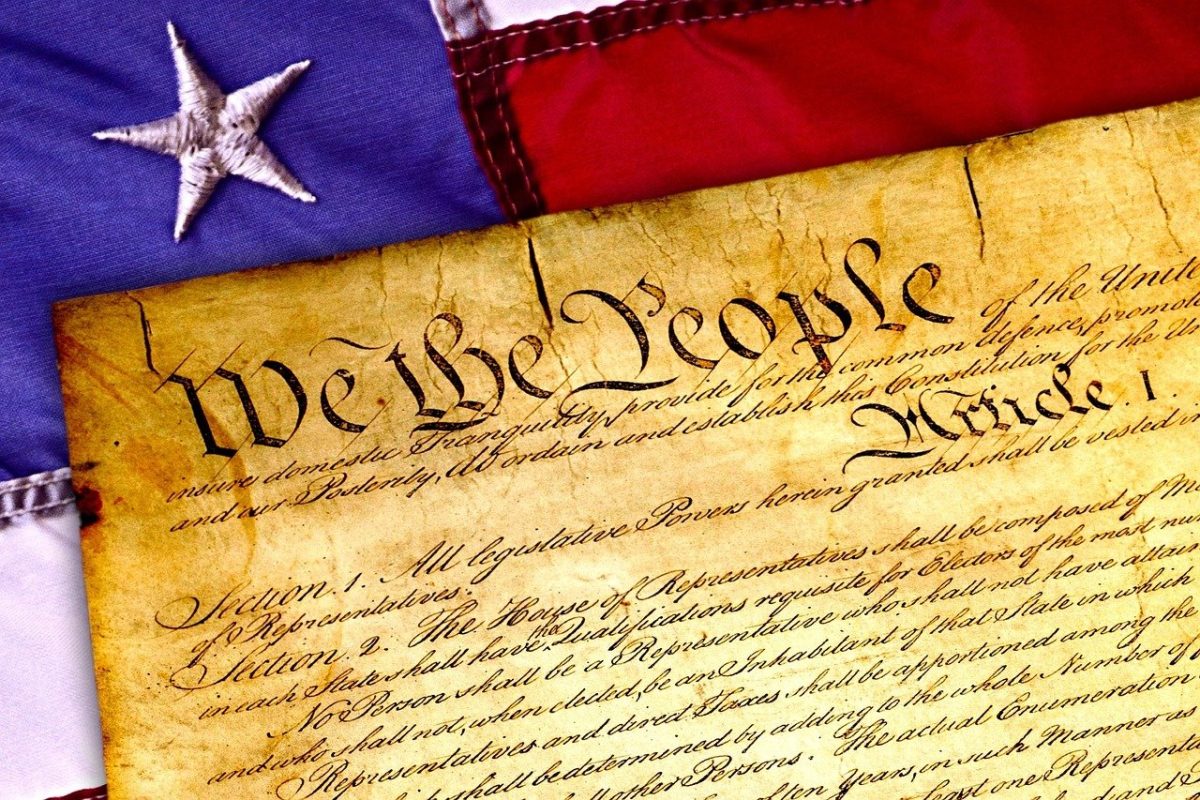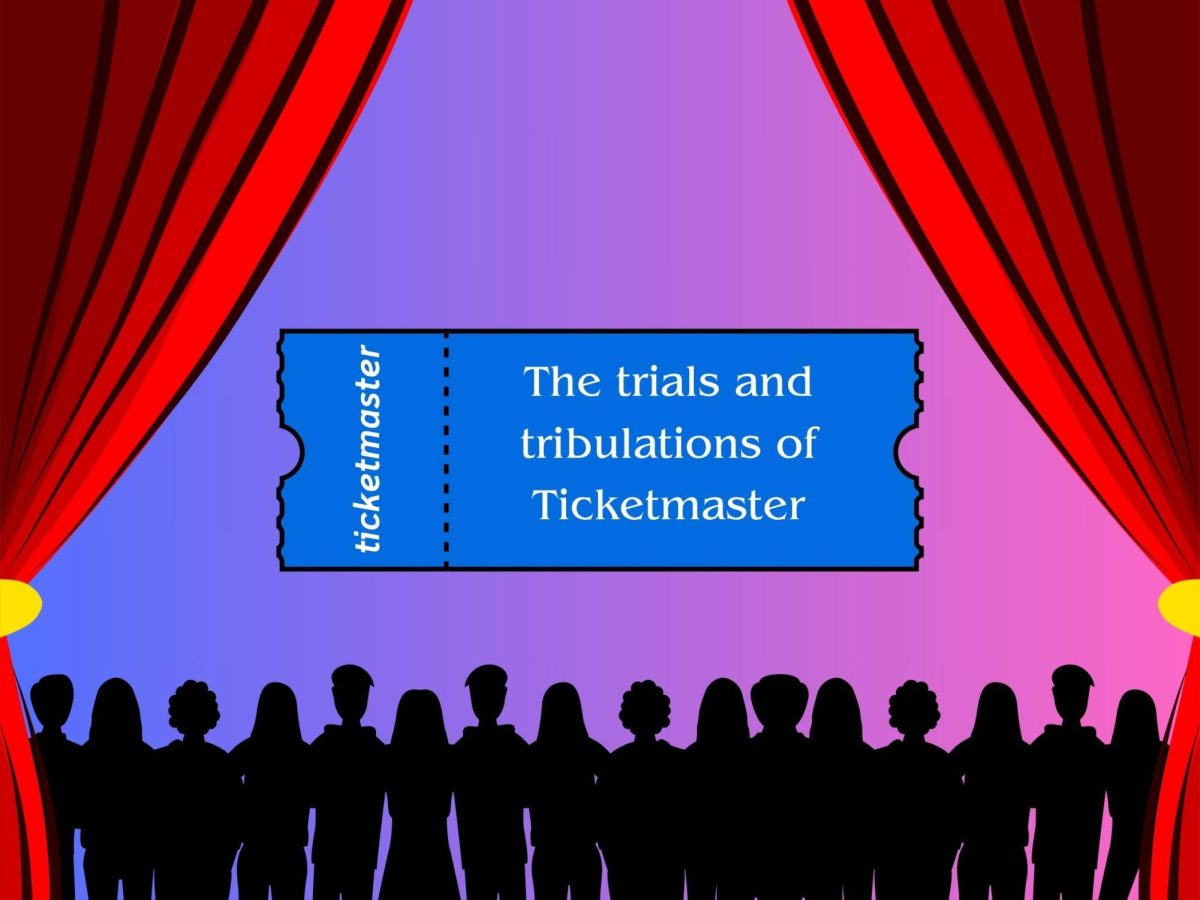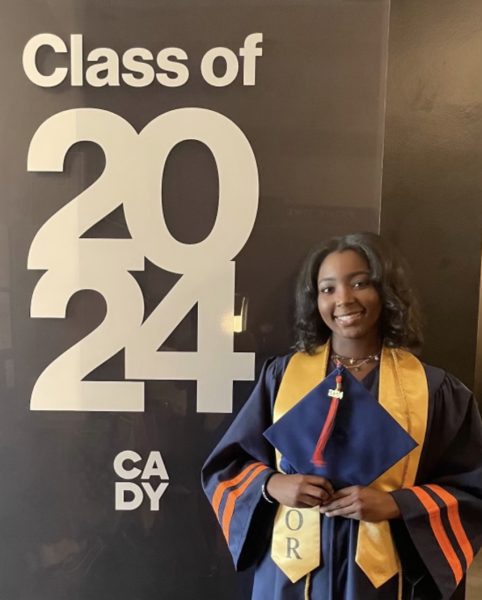In a world where technology evolves at breaking speeds and cultural norms shift with every generation, the United States Constitution appears as an ancient artifact and an antique from a bygone era. Amidst the dynamic challenges of the 21st century, society’s pressing need for progress and inclusivity aligns with the call for a new constitution—one designed to exhibit the diverse needs and aspirations of an adapting nation.
Opponents will argue against the necessity of a new Constitution, asserting that the existing framework shows the principles integral to America’s foundation: limited government, the separation of powers and a commitment to individual rights. However, this viewpoint fails to consider the transformative power of societal evolution. Crucial matters, such as reproductive rights and equality for the LGBTQ+ community did not register on the framers’ historical radar. While the foundational principles remain the North Star that guides the ship of the state, society must acknowledge that the compass of government should adjust to navigate uncharted waters.
After months of deliberation and compromises, the Constitutional Convention of 1787 emerged as a pivotal moment in American history. The framers, representing the diverse interests of the thirteen states, convened in Philadelphia in 1787. The meeting intended to amend the Articles of Confederation: the nation’s first constitution drafted by John Dickinson in 1777 after the Revolutionary War with Great Britain. The weaknesses of the Articles of Confederation became increasingly apparent, prompting the Constitutional Convention to address the shortcomings and propose an effective system of government.
“I definitely agree that the Constitution should [be amended] When the Founders drafted it at the Constitutional Convention in 1787, they invented for its contents to be altered as society progressed and times changed. However, thanks to its stagnation systems need serious restructuring” senior Samuel White said.
The 21st century presents unprecedented challenges unimaginable to the Founding Fathers in the late 18th century. Rapid technological advancements, global interconnectivity and shifting societal values demand a governance structure that adapts to the ever-changing world. While the Constitution has served admirably, the complexities of contemporary issues—such as cyber threats and climate change—mirror the urgency for a constitution that can address the countless concerns of a new era.
While groundbreaking in its time, the language of the current constitution lacks the inclusivity required for a diverse nation. The Founding Fathers, in their historical context, could not envision the extent of progress toward gender equality. The use of “he” and “his” throughout the Constitution inadvertently excludes half of America’s population from a full sense of representation. The linguistic bias leads to the need for a Constitution founded on the principles of equity and inclusion to ensure that the rights and aspirations of every individual remain acknowledged and protected.

The alarming frequency of school shootings has prompted a critical reevaluation of the Second Amendment in response to today’s challenges. The framers who envisioned a well-regulated militia could not anticipate the proliferation of potent firearms such as an AK-47, especially within the confines of educational institutions. The foundational right to bear arms now demands a contemporary interpretation that reconciles individual freedoms with the paramount need to ensure public safety. Crafting a new Constitution presents an opportunity to strike a balance that upholds individual rights while effectively addressing the urgent issues posed by the evolving patterns of gun violence in educational spaces.
A mechanism devised by the framers to elect the President and Vice President, the Electoral College, brings controversies to the modern era. As the U.S. struggles with issues of representation and fairness, questions surrounding the Electoral College continue to emerge. The system allows for the popular vote winner not to secure the presidency, which may counter the principles of popular sovereignty. A new Constitution could address these concerns, providing an equitable and democratic approach to the election of the nation’s leaders.
“The Electoral College was made so the presidency was selected by more refined, educated electors through indirect democracy. However, modern technology and communication have made many adults more politically informed and conscious about the candidates they vote for. The Electoral College has become obsolete,” White said.
The United States requires a Constitution that reflects the inclusive reality of its citizens. A Constitution cannot stand as a static document but as an adaptation to the ever-changing needs and values of society, fostering true diversity and representation for all. James Madison, the author of the Constitutional prose, left the nation with an unfinished document. The time comes to pick up the quills and play doctor, injecting a dose of 21st-century inclusivity into Madison’s gem.















